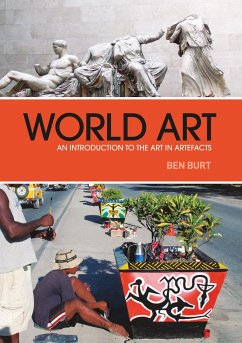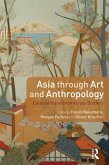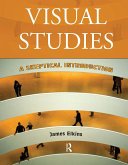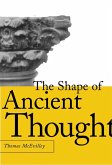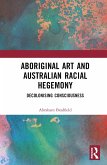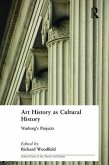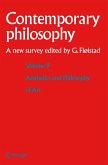What do we mean by 'art'? As a category of objects, the concept belongs to a Western cultural tradition, originally European and now increasingly global, but how useful is it for understanding other traditions? To understand art as a universal human value, we need to look at how the concept was constructed in order to reconstruct it through an understanding of the wider world. Western art values have a pervasive influence upon non-Western cultures and upon Western attitudes to them. This innovative yet accessible new text explores the ways theories of art developed as Western knowledge of the world expanded through exploration and trade, conquest, colonisation and research into other cultures, present and past. It considers the issues arising from the historical relationships which brought diverse artistic traditions together under the influence of Western art values, looking at how art has been used by colonisers and colonised in the causes of collecting and commerce, cultural hegemony and autonomous identities.World Art questions conventional Western assumptions of art from an anthropological perspective which allows comparison between cultures. It treats art as a property of artefacts rather than a category of objects, reclaiming the idea of 'world art' from the 'art world'. This book is essential reading for all students on anthropology of art courses as well as students of museum studies and art history, based on a wide range of case studies and supported by learning features such as annotated further reading and chapter opening summaries.
Hinweis: Dieser Artikel kann nur an eine deutsche Lieferadresse ausgeliefert werden.
Hinweis: Dieser Artikel kann nur an eine deutsche Lieferadresse ausgeliefert werden.

